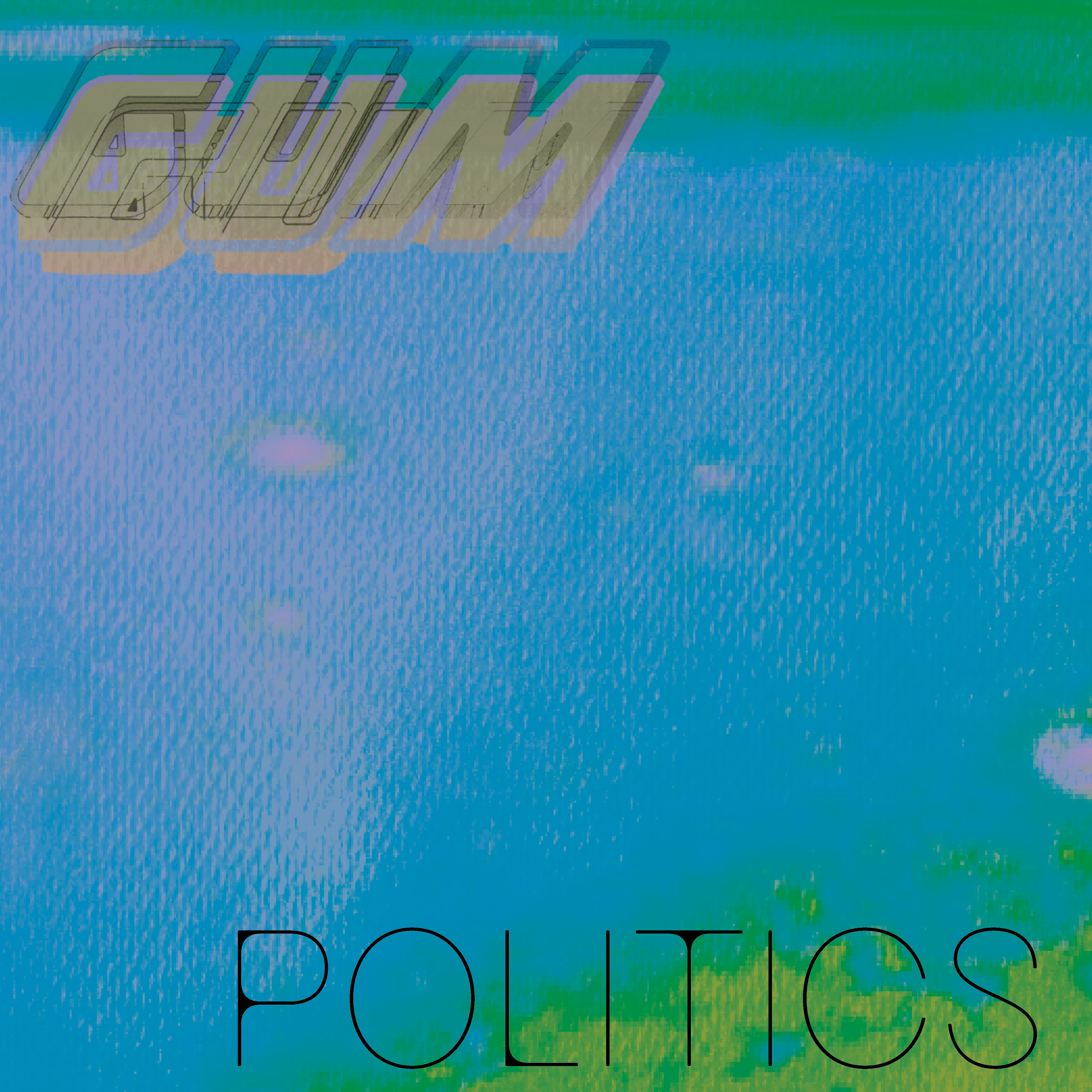Words: Elohor Efakpokire (she/her)
Since the Covid Inquiry and the infamous scandal that is Partygate, there has been a collective understanding that handling the COVID-19 pandemic was bad, but the Covid Inquiry demonstrates that it was far worse than we could’ve imagined.
‘Mad and poisonous’ were the words used to describe former Conservative Prime Minister Boris Johnson by two senior civil servants. What is particularly telling about Boris Johnson’s leadership is that numerous people in the Conservative party had deemed him incapable of leading yet supported him anyway. He had been identified as someone dishonest, using jokes and equivocations to evade responsibility. Yet, they facilitated and enabled his quest for leadership.
Michael Gove told the Inquiry that ‘we need to remember that governments everywhere made errors.’ This is true; no one could have anticipated the scale of a pandemic. There wasn’t a precedent for handling a global crisis of this scale. However, the Covid inquiry demonstrates the damages that populism has done to our political infrastructure. The inquiry should act as a reminder of what can happen when we don’t assess the personal character and empathy levels of those we task to lead us.
‘A slowness to act’ has been the phrase to characterize the UK government’s handling of the Pandemic. The inquiry highlights an initial aversion to lockdown, fearing what it would do to the economy. However, when they did initiate a lockdown, they showed us that the rules did not apply to them. They showed us then that they had a cavalier attitude to public health and the conventions of governing. Daisy Fancourt argues that the breach by Dominic Cummings largely set the tone for the decrease in compliance. She argues that Cummings’ breach demonstrated to the public that if you could find loopholes in the rules, it was okay to break them. She stated, ‘the enemy changed from being the virus itself to measures designed to curb the viruses.’
In a recent podcast episode of Rest is Politics Rory Stewart states something I found quite profound. An avid critic of Boris Johnson, he discusses his populist style, stating that the Covid Inquiry illustrates the nature of populism in opposition to a national crisis like Covid. Populism requires simplification of complex things, playing on an “us vs them” narrative. However, a crisis like COVID-19 requires the opposite: trusting experts and trusting institutions. Johnson’s brand of populism was predicated on division and a mistrust of institutions. It was effective during Brexit, with a Conservative policy of “Get Brexit Done.” His supporters viewing him as a rule breaker. Ultimately, reinventing the Conservative Party from a party that trusted institutions to a party that was inherently skeptical of them. However, this approach did not elicit the same response after Partygate, where members of his Cabinet had parties during the first national lockdown.
Dominic Cummings told the inquiry that Boris Johnson had been described as an ‘indecisive trolley’ by his team because of his constant change in direction. Text messages from Simon Case, that discuss the chaos that ensued in government at the time, refer to Johnson as ‘that guy’ and stating he was unfit to lead.
The Covid inquiry also discussed the crude ways in which Boris Johnson allegedly spoke about the older population dying from the virus, describing it as ‘nature’s way of dealing with old people.’ For anyone to speak this way is utterly despicable, but for the leader of the country, to speak this way is not only abhorrent, but it is indicative of a deep flaw in the system. That a man like this was able to slip through the cracks despite numerous warnings of his inability to lead and his evident lack of empathy.
In an era dominated by post- truth and populism, the covid inquiry highlights the perils associated with leaders who lack empathy, while we continue to aspire for our leaders to embody traits, such as bravery, strength, responsibility and pragmatism. It is equally crucial to demand empathy from them. As the Inquiry continues, I urge all of us to consider the Covid 19 inquiry to be our cautionary tale of the risks posed by self-interested and morally dubious individuals assuming public office.

